Twenty years ago, Juan Sostheim left his corporate job in food services in Europe and decided to start his regenerative project, Rancho Margot, in an isolated area close to Volcano Arenal in Costa Rica. He felt the place was paradise, and he believed that the years of degradation from poor cattle management could be reversed, restoring the area to its former glory. He embarked on what then seemed impossible: building a self-sustaining eco-lodge completely disconnected from the rest of the world in a region where even a phone connection for reservations was impossible.
Fast forward to 2024, and Rancho Margot stands as an amazing example of regeneration applied to tourism and education, having touched and transformed many lives, including those of the community that used to live under the harsh reality of isolation. In these isolated communities, schools are too far away, as are markets for anything they produce from the land. Rancho Margot operates as an integrated farm and hotel, where close to 90% of what is needed is produced on the land, following an almost complete circular economy model. The ranch manages free-range chicken, pig, and dairy cow operations, utilizing the holistic management technique for grazing.
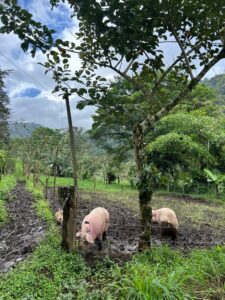
The first remarkable thing one notices during the farm tour, given to all guests upon arrival, is how it is possible to have a fully operational pigsty meters away from the hotel restaurant without undesired odors or clouds of flies. The secret lies in a fungus found in the decomposition of leaves in the mountain cloud forest. This fungus is cultivated and used to create the hotel’s own cleaning product, applied to both livestock and hotel facilities, effectively eliminating undesirable bacteria and odors.
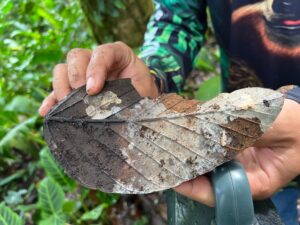
The animals’ manure is collected to make compost, which later enriches the soil in the permaculture operation where most of the vegetables served to guests are grown. The remaining manure is used to produce natural gas in a methane digester.
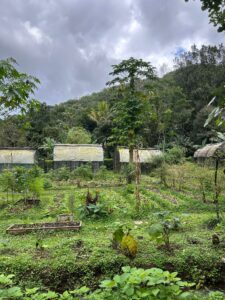
The farm’s energy comes from a micro-hydropower plant built on-site with minimal ecological impact, by diverting water from the mountain, and now is enhanced by solar panels to heat water. Even the soap used in the hotel is made with recycled oil from the kitchen and herbs from the medicinal garden.
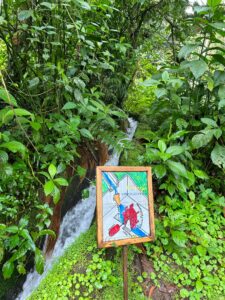
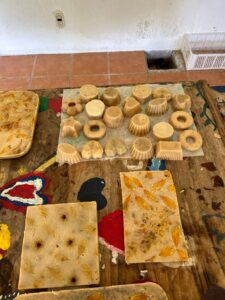
From a business perspective, Juan has achieved a unique travel and education experience that demonstrates living and building a business in partnership with nature is possible. Financially, all the food served in the full board package, as well as the water and energy needed to fully run the 17 bungalows, come from nature.
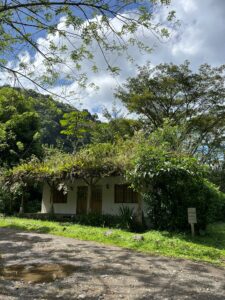
Coupled with the labor of love from the community employees, this creates a unique hospitality experience with higher profits than the usual hotel operation relying on inputs from external suppliers.
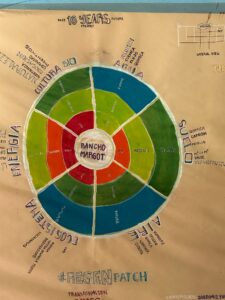
Rancho Margot has an inspiring recipe for a regenerative project that operates with three integrated pillars: tourism and hospitality, which bring in most of the revenues; educational programs in the form of workshops and retreats, which serve to inspire and connect the project to the broader world; and the farm operation, which currently serves the local community and visitors, but with better infrastructure connecting the Rancho to the tourist hub of Arenal, has the potential to expand the farm-to-table model to other hotels in the region.
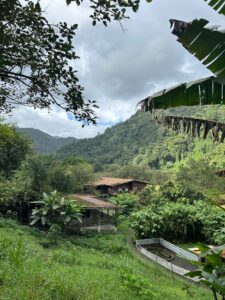
To support Rancho Margot book your stay, a visit or a workshop

